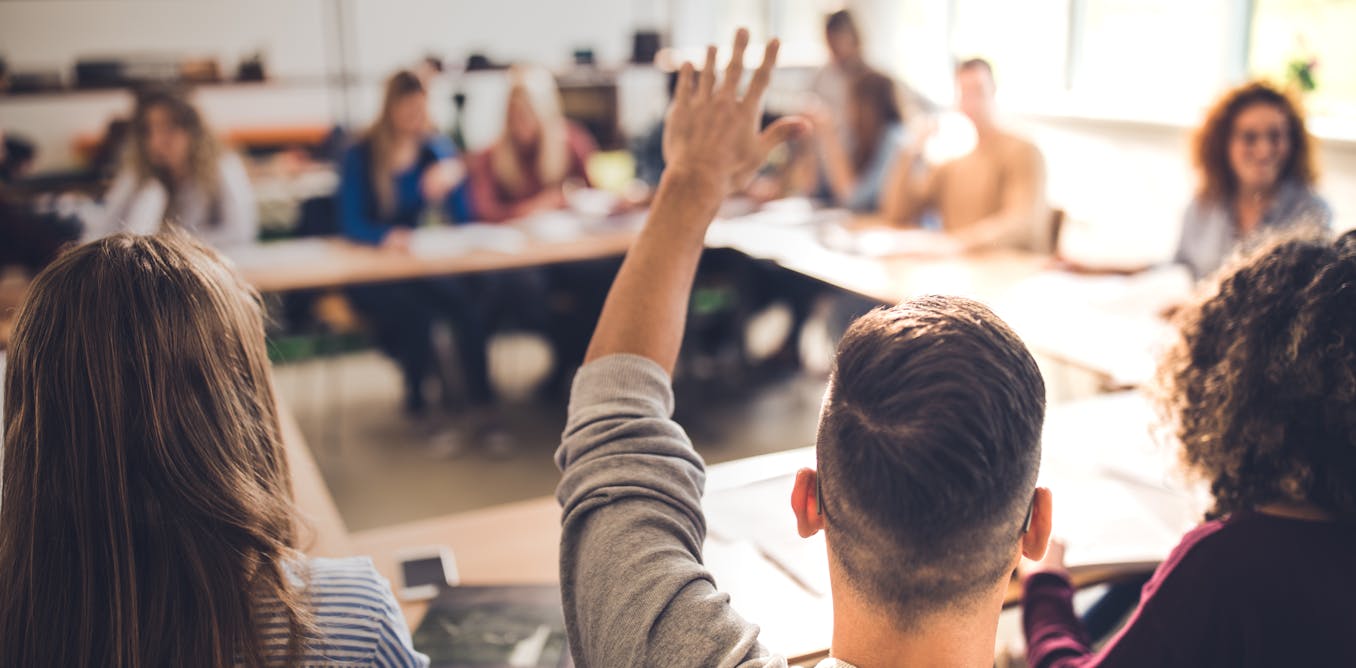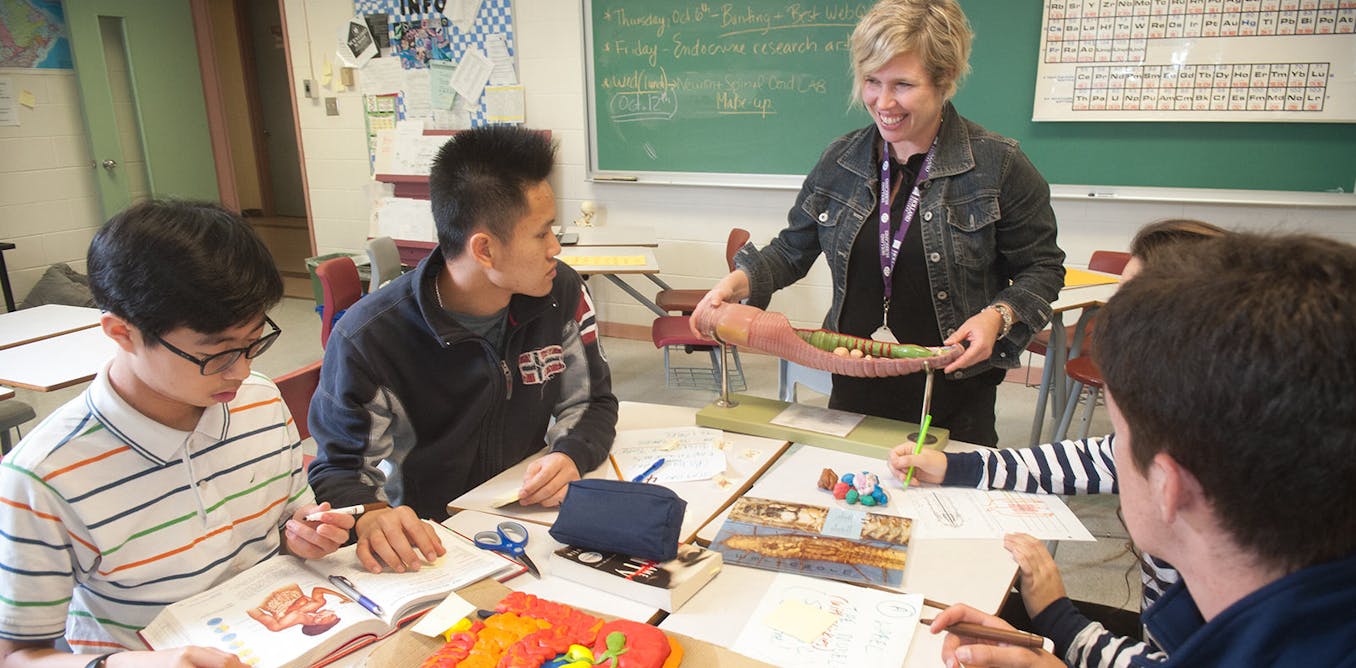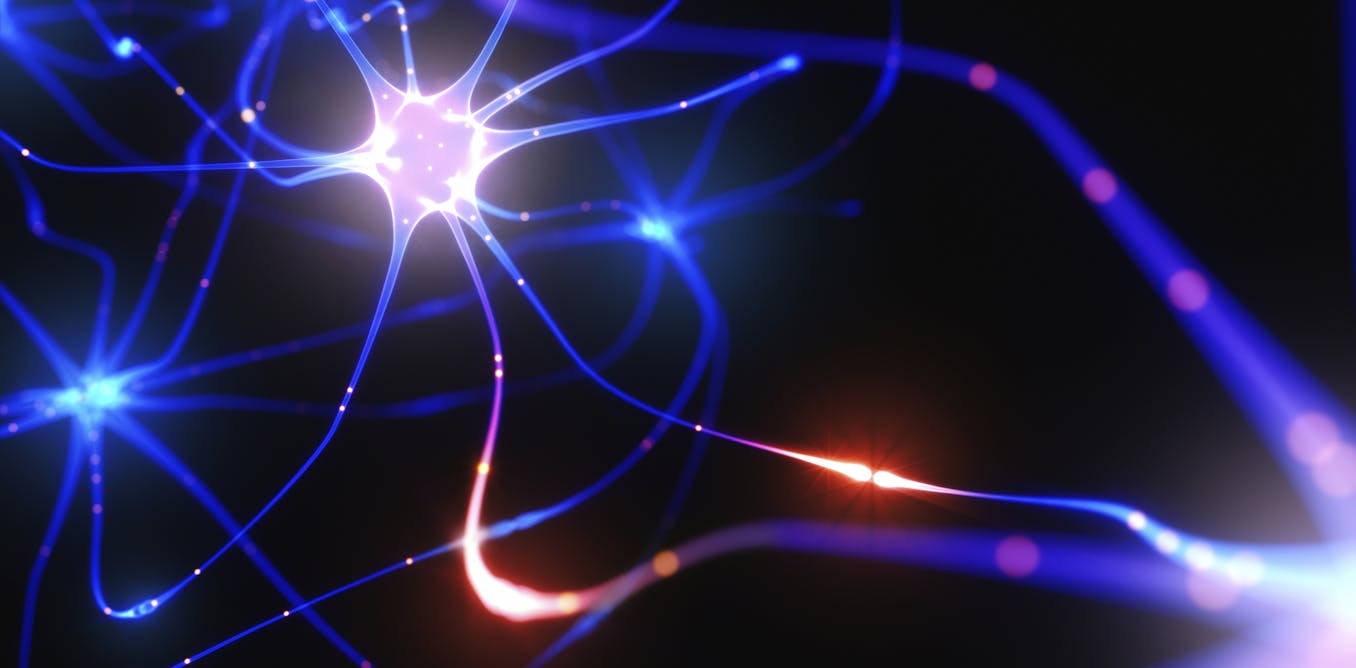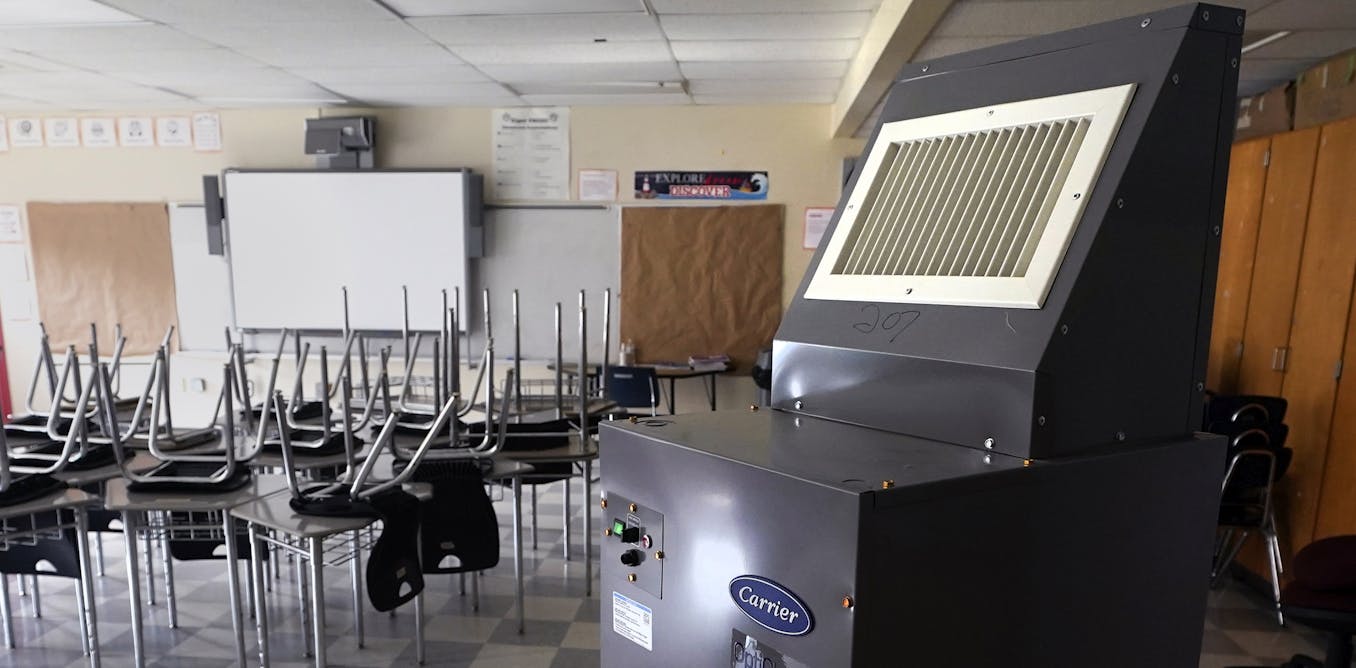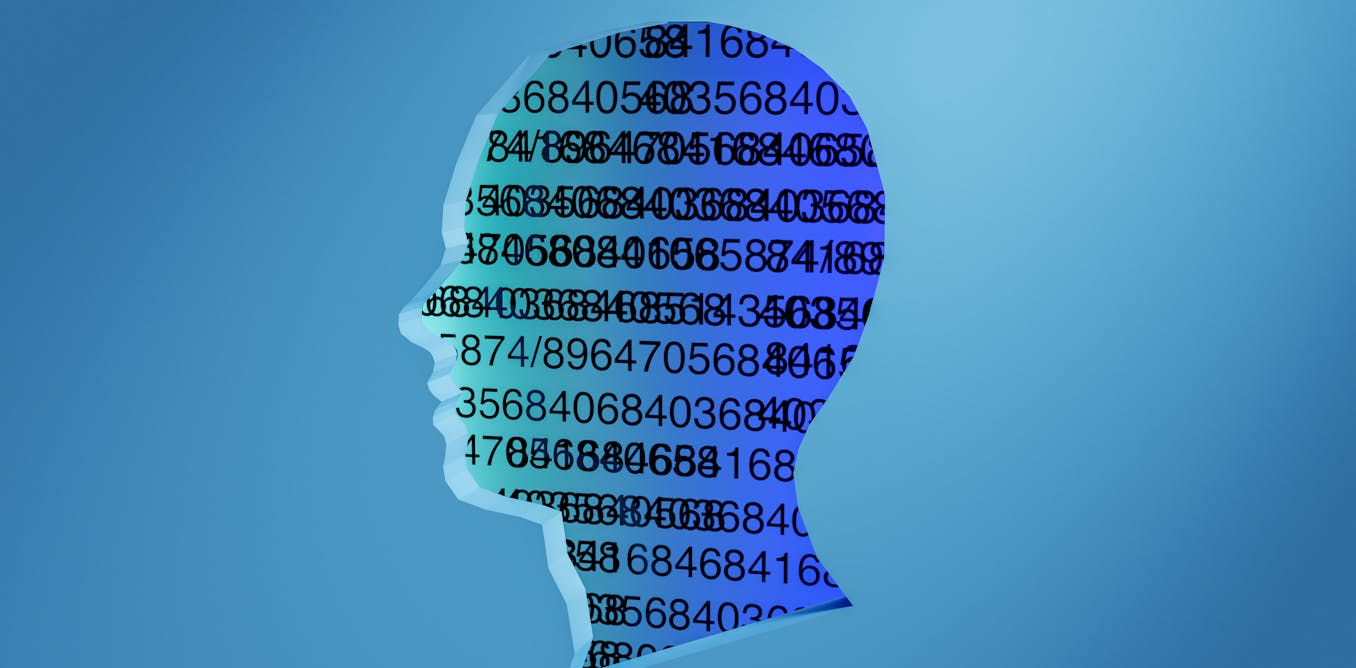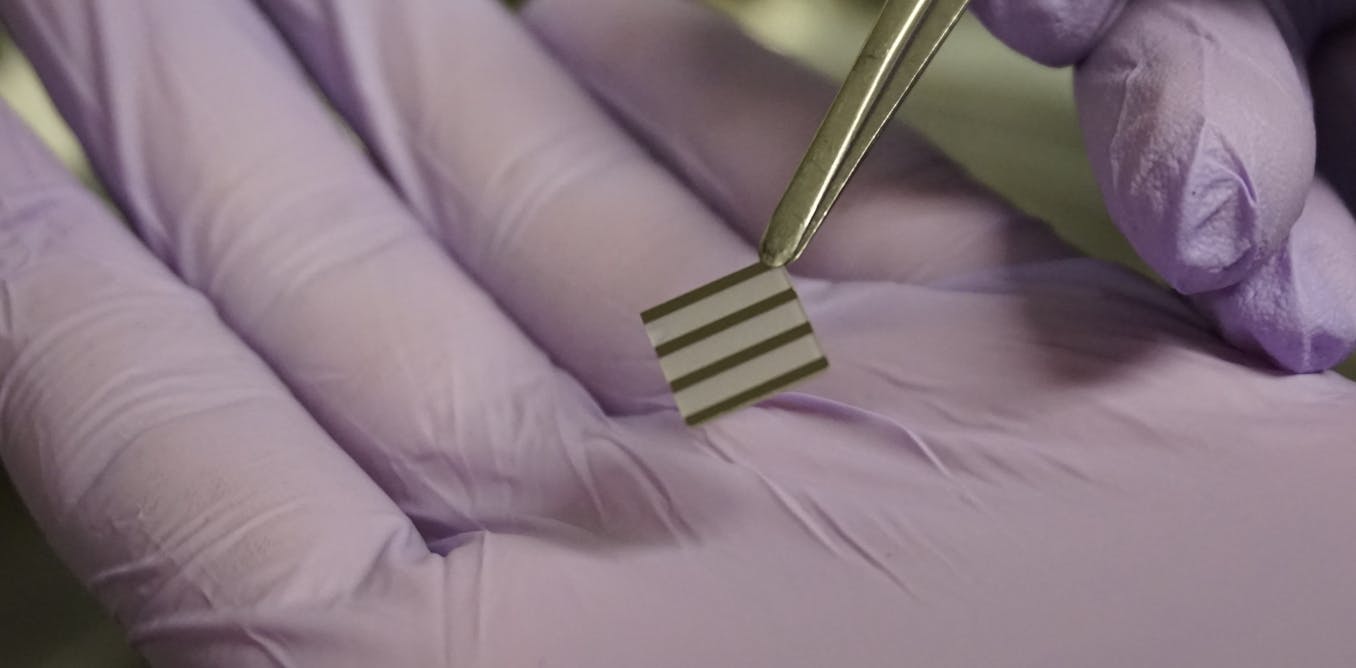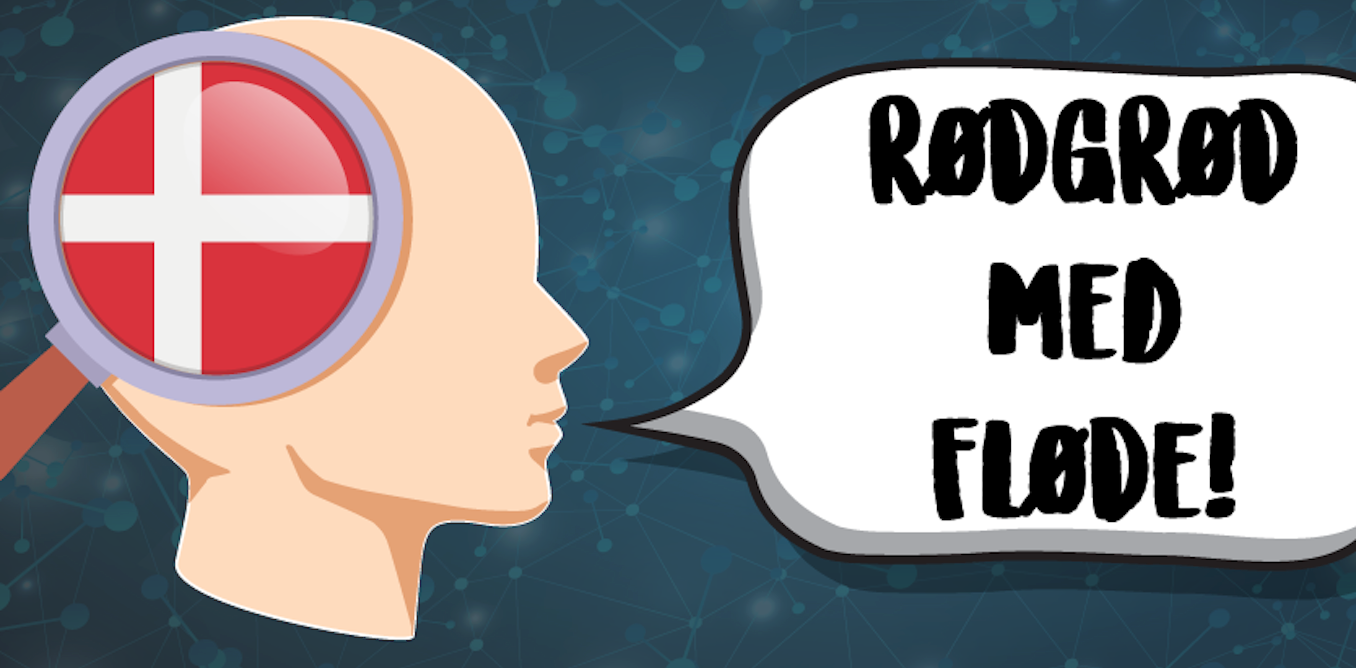Being humble about what you know is just one part of what makes you a good thinker
Being open to the possibility you could be wrong about your beliefs is an important part of learning about the world. But this trait is not enough on its own.
Oct. 25, 2023 • ~7 min

